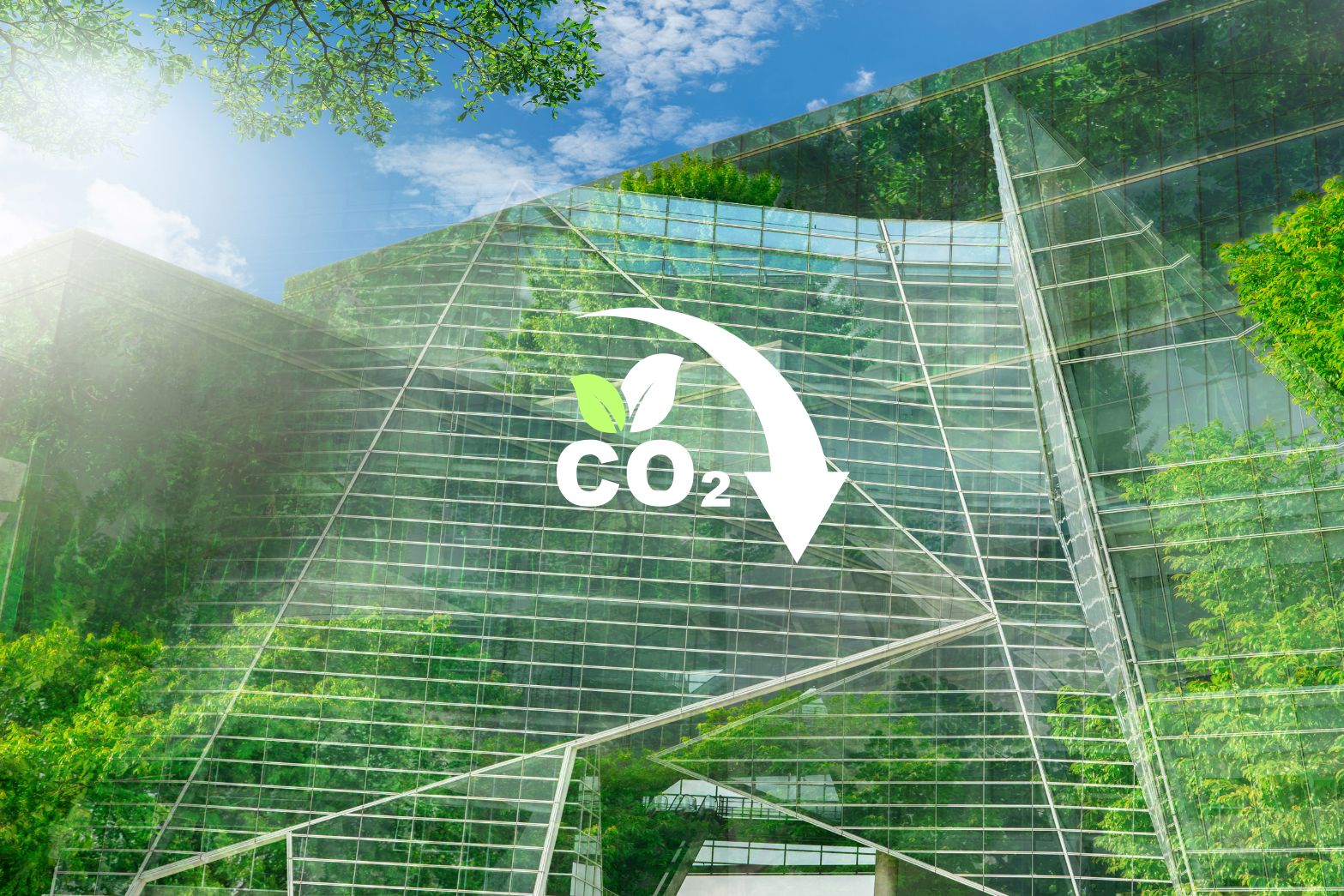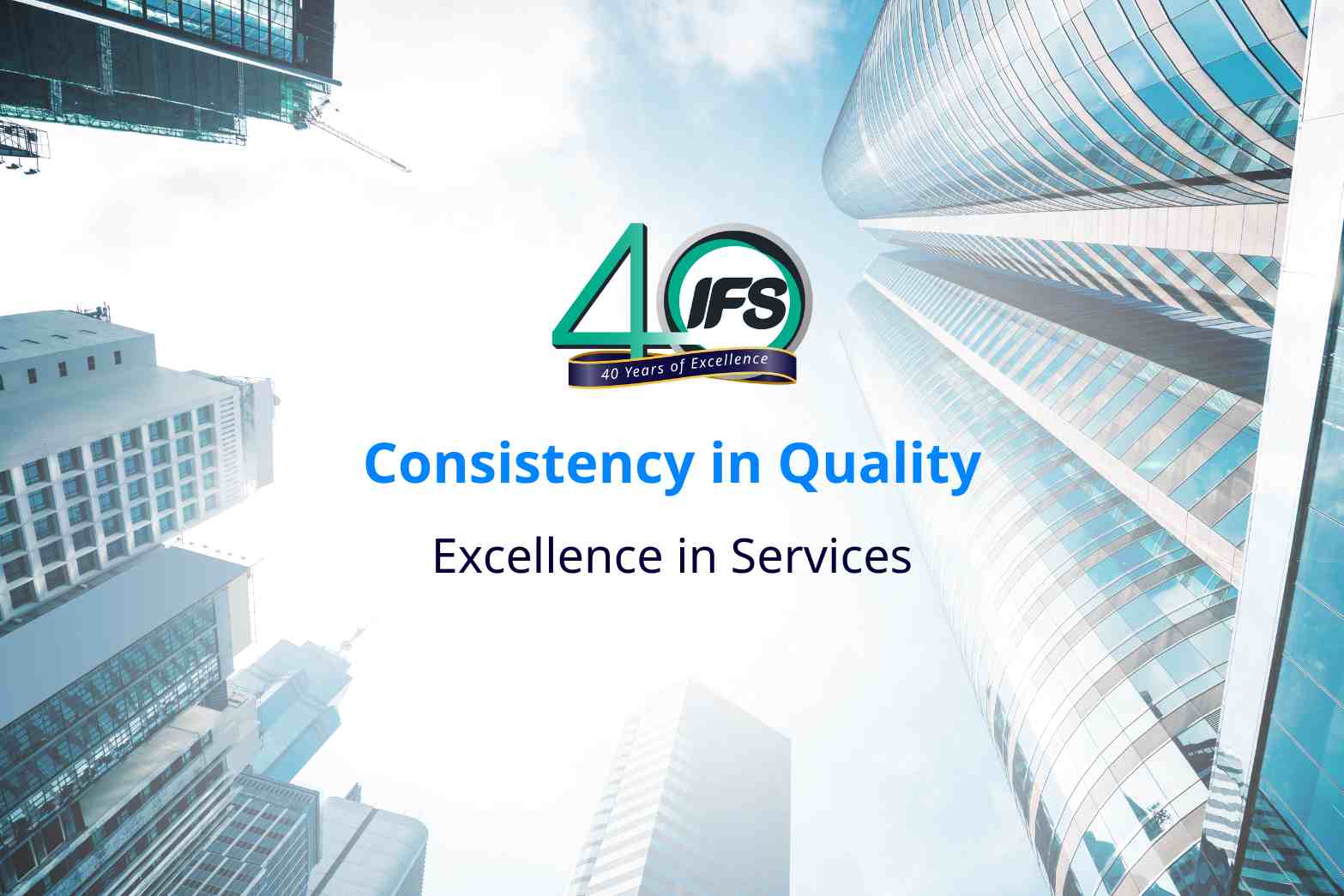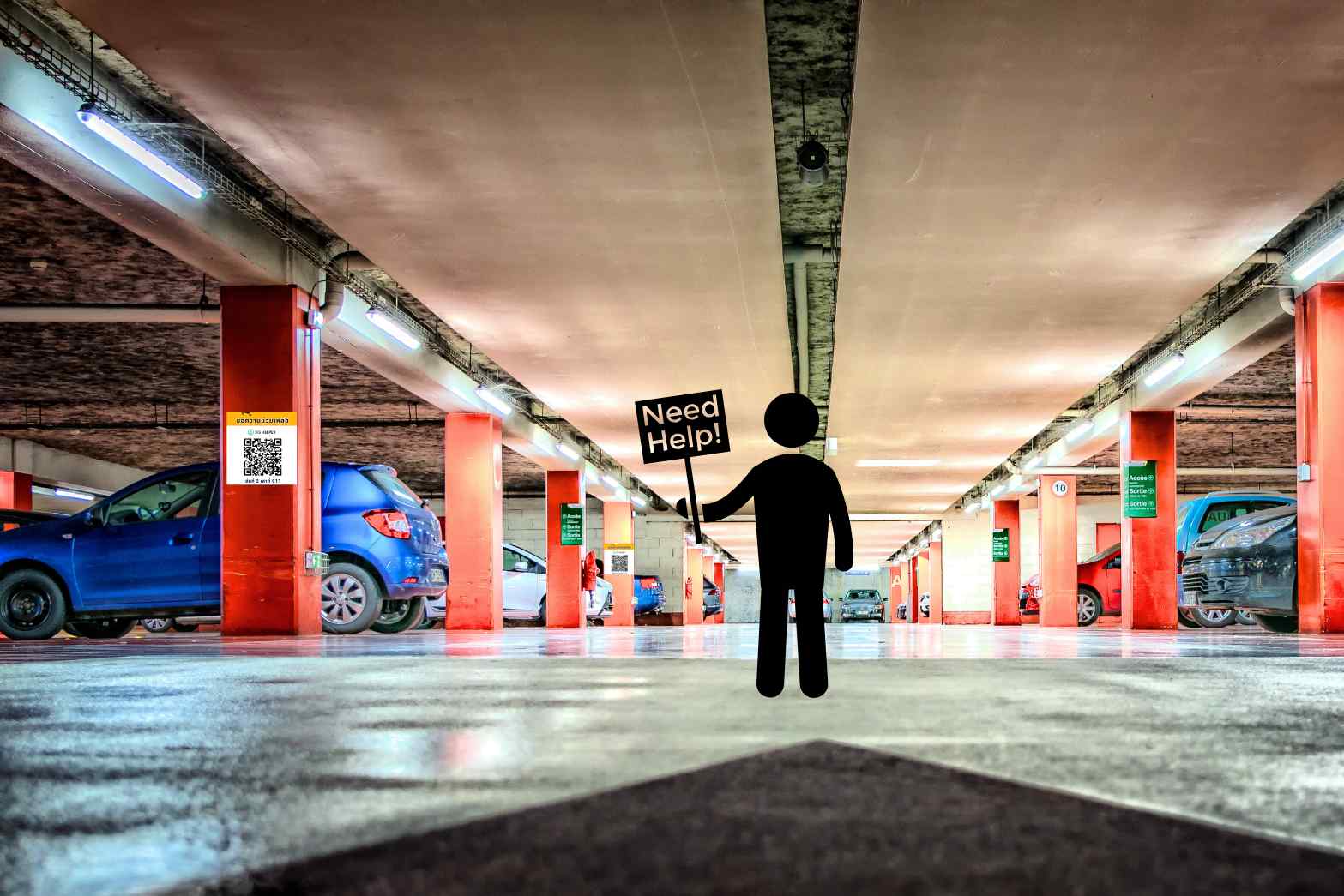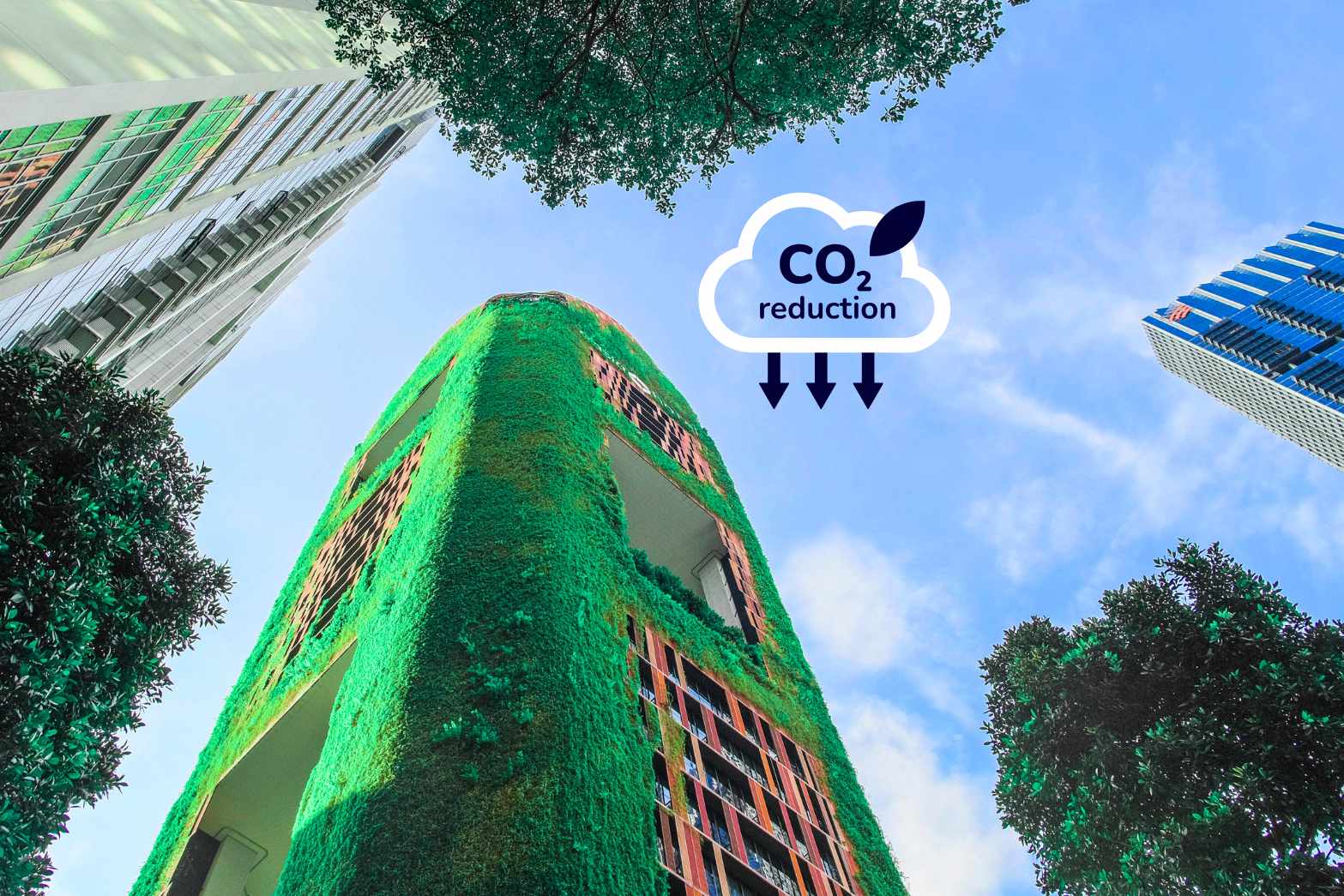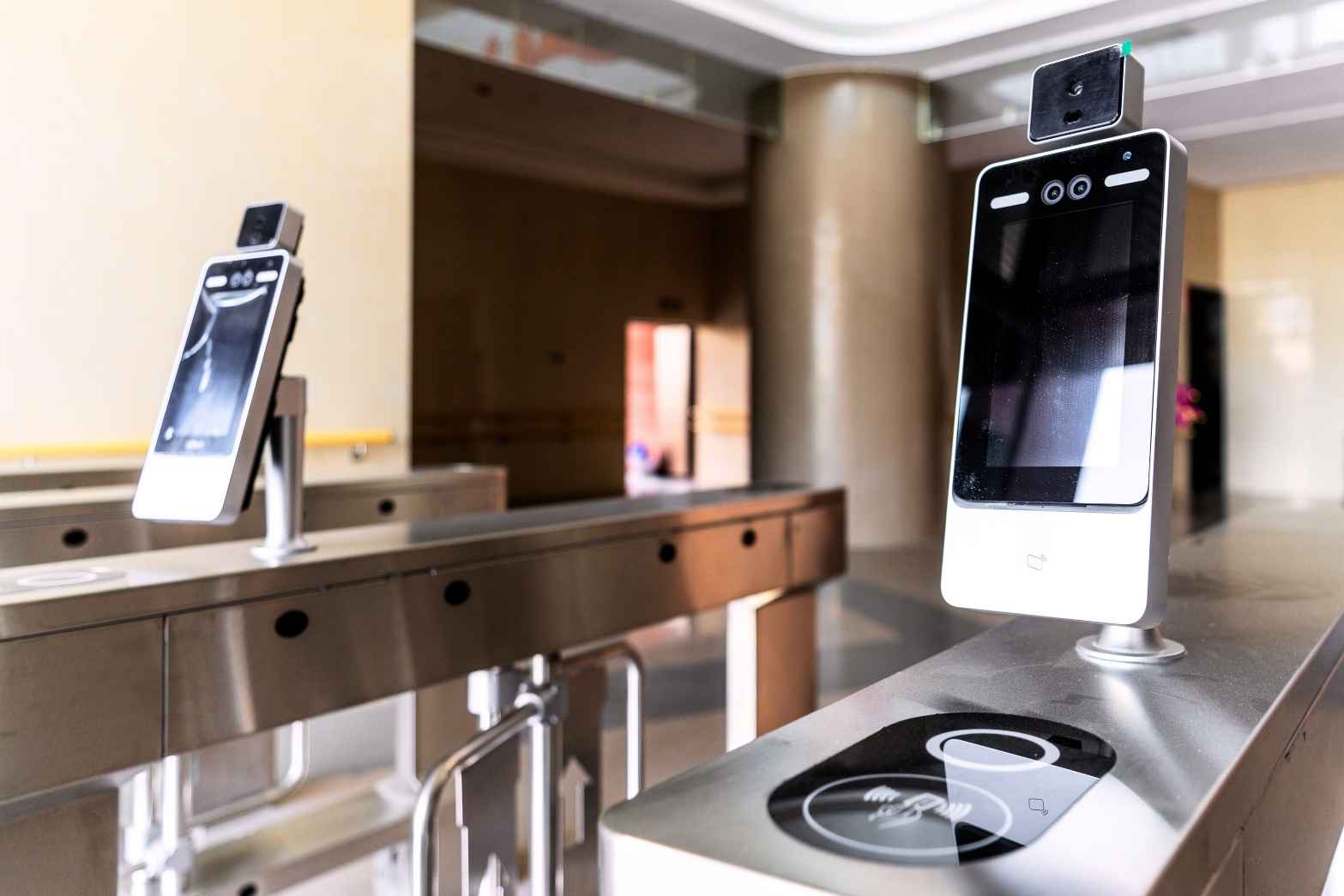What is a Green Building?
A Green Building is a structure designed with a focus on environmental sustainability and enhancing the quality of life for its occupants. It prioritizes eco-friendly practices throughout the building’s lifecycle, including its design, construction, operation, renovation, and eventual decommissioning. The goal is to maximize resource efficiency while minimizing negative impacts on both people and the environment. This approach ultimately fosters long-term environmental sustainability.
Green Building Certification Standards
Internationally recognized Green Building standards include LEED (Leadership in Energy and Environmental Design) and the WELL Building Standard.
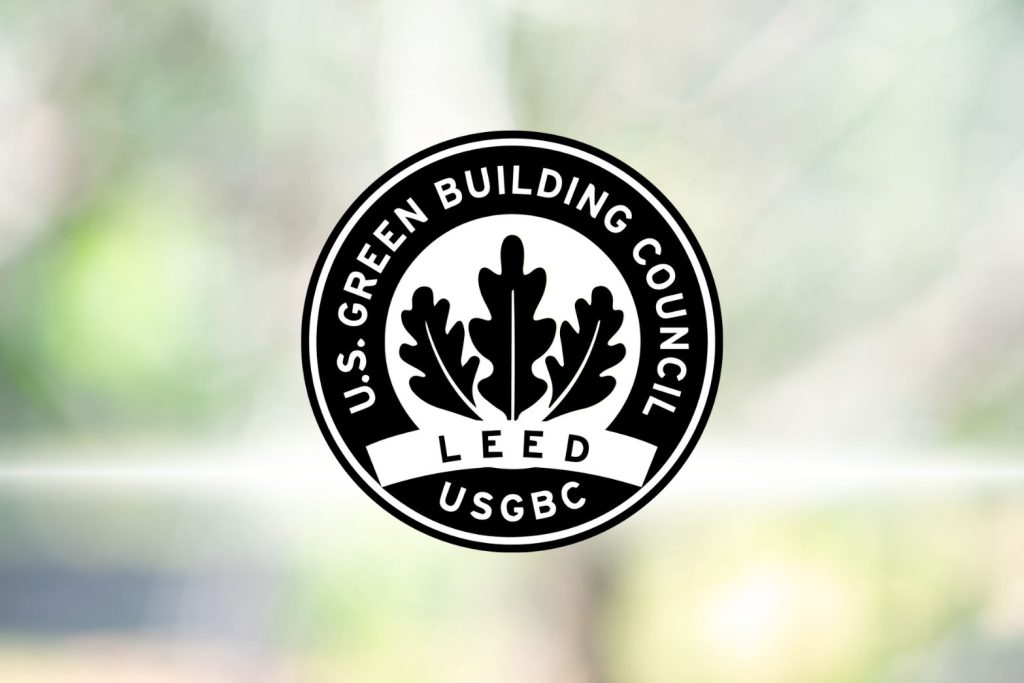
LEED is a widely accepted green building certification system developed by the U.S. Green Building Council (USGBC). It focuses on buildings that demonstrate high energy efficiency, cost savings, and a healthy indoor environment. The LEED certification evaluates buildings based on several criteria, including:
- Reducing carbon emissions
- Developing resilient infrastructure
- Investing in the health and well-being of building occupants
- Promoting equitable environments
- Supporting biodiversity and ecosystems
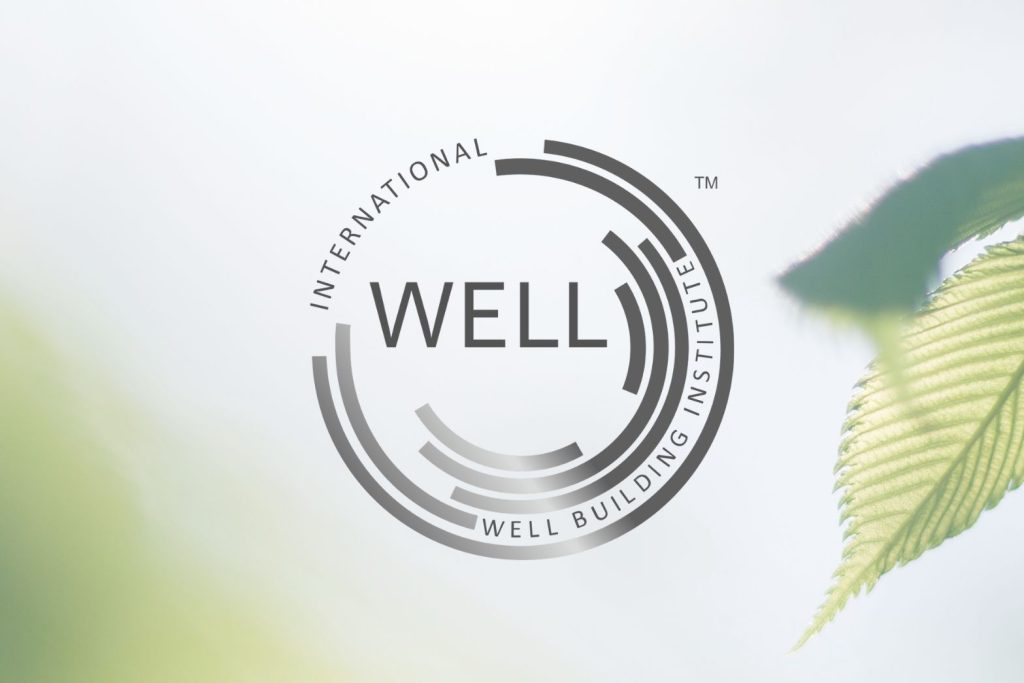
WELL Building Standard is a certification focused on occupant well-being, with recognition levels ranging from Bronze, Silver, Gold, to Platinum. It evaluates buildings based on ten key factors that promote health and wellness, including:
- Air quality
- Water quality
- Nourishment
- Adequate lighting
- Encouragement of movement
- Thermal Comfort
- Noise control
- Safe building materials
- Mental well-being
- Alignment with the surrounding community
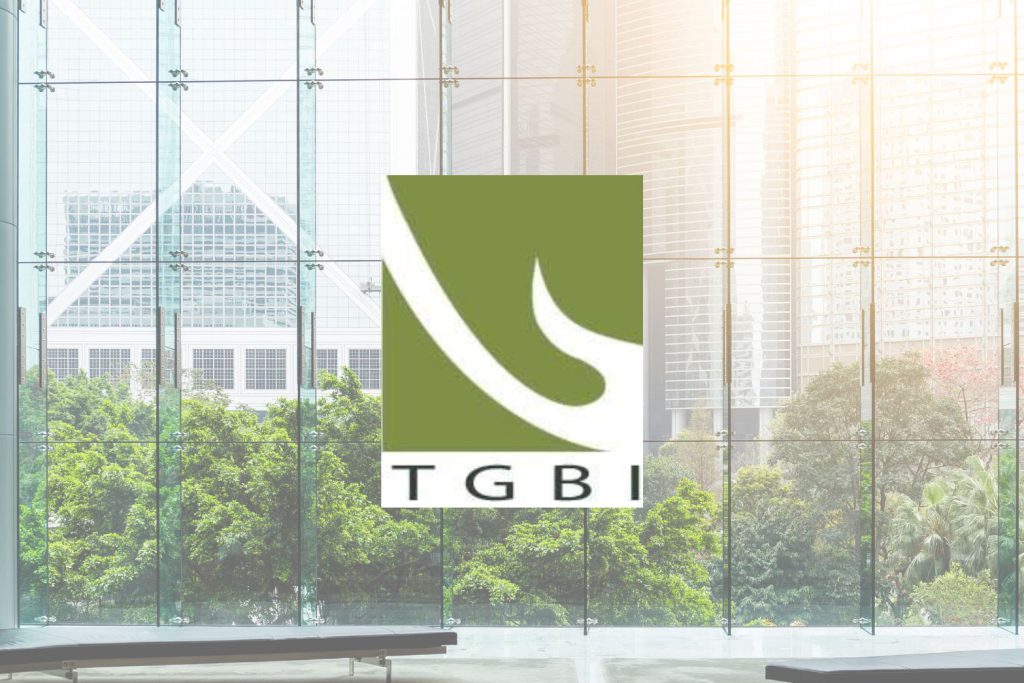
In Thailand, the TREES (Thai Rating of Energy and Environmental Sustainability) standard is used to evaluate energy and environmental sustainability. It includes criteria such as:
- Building Management
- Site and Landscaping
- Water Conservation
- Energy and Atmosphere
- Materials and Resources
- Indoor Environmental Quality
- Environmental Protection
- Green Innovation
Green Building Certification, Lowering Costs and Environmental Impact
From a business management perspective, obtaining green building certification plays a crucial role in reducing operational costs. Buildings certified under green standards use materials that are efficient and have longer lifespans. They also incorporate Building Automation Systems (BAS) to optimize the management of utilities, lighting, air conditioning, and other building systems. For example, systems that automatically turn off lights in unoccupied spaces or adjust temperature and humidity based on occupancy levels ensure efficient resource use and cost savings. These practices help reduce operating costs in a sustainable manner.
The key factors emphasized by all green building certifications are resource efficiency, minimizing environmental impact, and improving the quality of life. As a result, there has been significant innovation in sustainable technologies, such as Solar Glass (solar-powered windows) and IoT technologies, which help monitor and control building systems more efficiently.
At IFS, we prioritize both business development and environmental sustainability. We provide technologies designed to improve indoor air quality and IoT sensors that help manage building efficiently. Additionally, we utilize environmentally friendly products and tools in our operations. We are ready to offer expert consultation and design tailored solutions to enhance your business’ sustainability efforts.
Contact us:
Call Center: 0 2038 5188
Email: info@ifs-thailand.com
